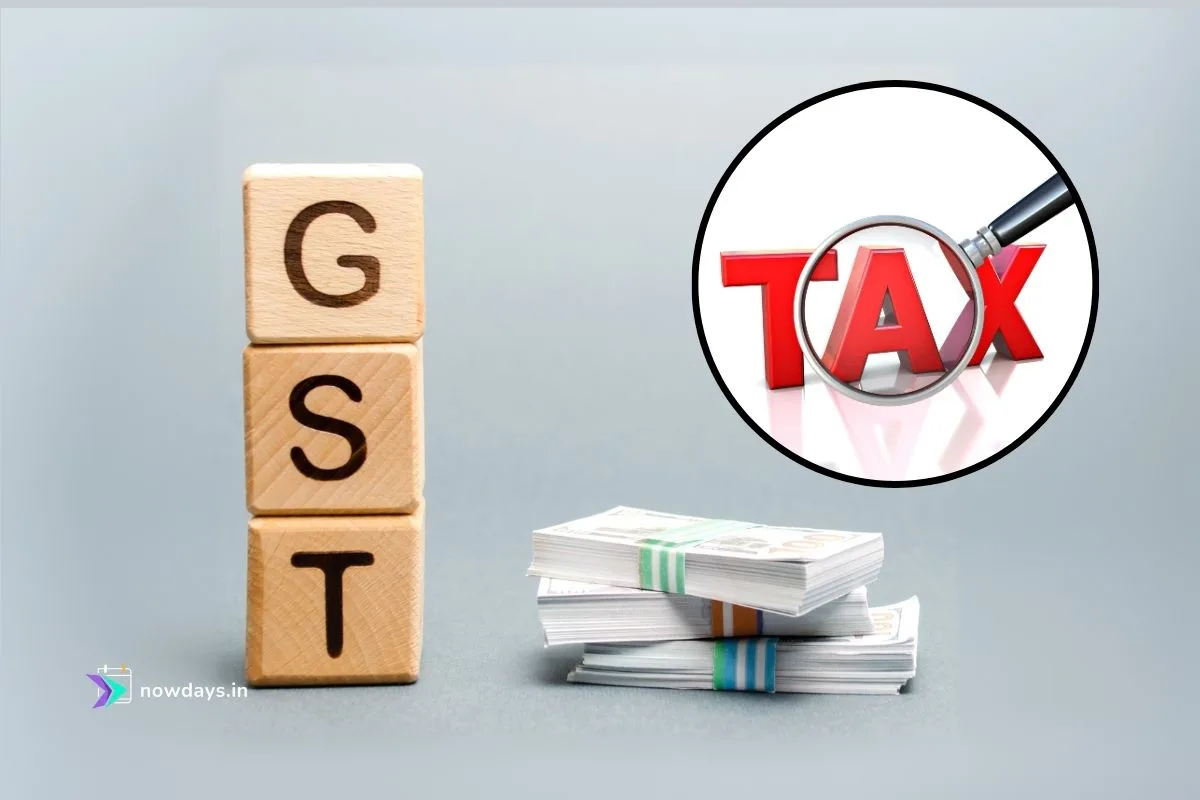Jio Financial Services has rolled out a new tax planning and filing tool within its JioFinance app, enabling users to handle their income tax returns directly from their smartphones with options starting at just ₹24 for self-guided submissions. The feature, unveiled amid the peak of the 2025-26 assessment year filing season, partners with tax advisory platform TaxBuddy to streamline the process and make it more accessible for everyday users.
🚨 Jio Finance Launched ITR Filing Feature
— Ravisutanjani (@Ravisutanjani) August 12, 2025
• Self Filing Plan : ₹24
• Assisted Services : ₹999
Another Big Disruption From Jio Finance
ITR Filing at ₹24 is Tempting For Many People
Breaking Down the New Tool
The integration focuses on two main components: a tax planner and a filing mechanism. The planner helps individuals forecast their tax obligations, evaluate housing rent allowances, and compare the benefits of old versus new tax regimes. It also flags potential deductions under key sections like 80C for investments and 80D for health insurance, ensuring users don’t overlook savings opportunities.
For filing, the app offers a step-by-step guide where users input income details, upload necessary documents, and select their preferred regime. Self-filers can complete the process affordably, while those needing professional help can opt for assisted plans beginning at ₹999, which include expert reviews and compliance checks. Post-submission, the app provides real-time tracking of return status, refund progress, and notifications for any official communications from tax authorities.
This launch positions JioFinance as a comprehensive financial hub, building on its existing services like payments, loans, and investments. Company executives describe it as a step toward democratizing financial tools, with MD and CEO Hitesh Sethia noting that the goal is to eliminate the intimidation factor often associated with tax compliance.
How It Works: A User-Friendly Approach
To get started, users log into the JioFinance app, navigate to the tax section, and choose between planning or filing modes. The interface prompts for basic information and uses automated checks to suggest optimizations. A YouTube tutorial from a fintech reviewer demonstrates the process, showing how it takes under 30 minutes for simple returns, with built-in reminders for deadlines and required forms.
For complex cases involving multiple income sources or capital gains, the expert-assisted route connects users to certified professionals for virtual consultations. This hybrid model aims to bridge the gap between DIY platforms and traditional consultants, potentially saving users hundreds compared to market rates where assisted filings often exceed ₹2,000.
Expert Insights: Disruption or Risky Convenience?
Industry observers praise the move for its affordability and integration. A fintech analyst on a Republic World segment called it a “masterstroke” that could capture a slice of the growing digital tax market, especially among young professionals who prefer app-based solutions. They point out that with over 50 million JioFinance downloads, the feature could onboard millions of first-time filers, aligning with India’s push for digital financial inclusion.
However, chartered accountants express caution. In a TaxScan report, a CA warned that ultra-low pricing might encourage rushed filings, leading to errors in regime selection or missed deductions, potentially triggering notices from authorities. Privacy concerns also surface, with experts questioning data handling in a mass-market app, though Jio assures compliance with RBI and IT Act standards.
YouTube creators like those from financial education channels analyze the competitive edge, noting that rivals charge ₹199-₹499 for similar self-filing, making Jio’s ₹24 entry point disruptive. One video highlights potential upsides for users in tier-2 cities, where access to affordable experts is limited.
Potential Impact: Broader Access with Caveats
This feature could democratize tax compliance, especially as the ITR deadline looms. By embedding it in a widely used app, Jio might reduce reliance on intermediaries and cut costs for salaried individuals. Analysts forecast it could handle thousands of filings in its debut season, pressuring competitors to lower fees.
Yet, the real test lies in accuracy and support. If errors spike, it might erode trust, as cautioned in expert forums. Overall, Jio’s entry intensifies fintech innovation in tax services, promising efficiency but demanding user vigilance for optimal results. As tax season progresses, this tool could redefine how Indians approach their annual filings.










